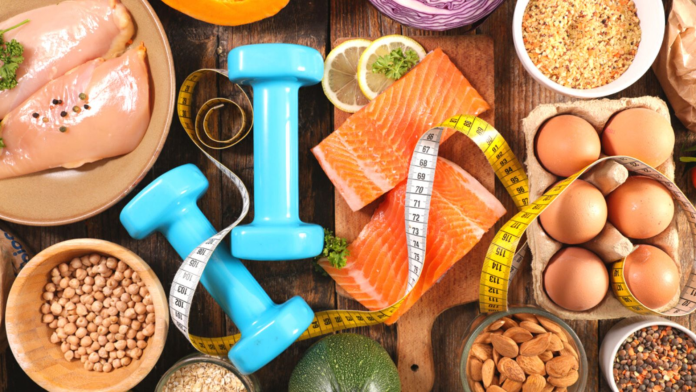When it comes to weight loss, protein is often hailed as an essential nutrient due to its ability to promote satiety, support muscle growth, and boost metabolism. However, not all protein-packed foods are created equal, and it’s important to be mindful of the choices we make.
From exploring the worst foods for weight loss, shedding light on the potential pitfalls and offering insights into healthier alternatives. By understanding these factors, you can make informed decisions that align with your weight loss goals and overall well-being.
All Proteins are Good- Breaking the Myth
There is a common misconception that all sources of protein are equally beneficial for weight loss. While protein is an important component of a balanced diet, it’s crucial to recognize that the quality and composition of the protein-rich foods we consume can vary significantly. Many factors come into play, such as the overall calorie content, presence of unhealthy additives, and the type and amount of fats accompanying the protein.
Some individuals may mistakenly assume that any food with a high protein content automatically qualifies as a weight loss-friendly option. However, this oversimplification can lead to poor dietary choices and hinder progress towards weight loss goals. Understanding the nuances and being aware of the potential downsides associated with certain protein-rich foods is essential for making informed decisions about what to include in a healthy, weight-conscious diet.
So, following are the ten worst protein-packed foods for weight loss. By understanding these nuances, individuals can make more informed decisions when it comes to selecting protein sources that align with their weight loss goals, overall health, and nutritional needs.
10 Worst Proteins when It comes to Weight Loss
- Sausages
Sausages are often high in calories, unhealthy fats, and sodium. They can be made from processed meats that contain additives and preservatives. Apart from that, some sausages may have a high saturated fat content, which can contribute to weight gain and increase the risk of heart disease.
- Fried Chicken
Fried chicken may be a protein-rich food, but it is typically coated in unhealthy breading and deep-fried, resulting in a significant calorie and fat content. Regular consumption of fried chicken can hinder weight loss efforts and contribute to the intake of unhealthy trans fats.
- Salami
Salami is a processed deli meat that is often high in sodium, unhealthy fats, and preservatives. It is also calorie-dense, meaning that a small portion can contribute a significant amount of calories. The high sodium content in salami can lead to water retention and bloating.
- Bacon
While bacon is a popular protein-rich breakfast food, it is high in saturated fat, sodium, and often contains preservatives. Regular consumption of bacon can contribute to weight gain and increase the risk of heart disease. Moderation is key when including bacon in a weight loss diet.
- Hot Dogs
Hot dogs are processed meat products that are high in unhealthy fats, sodium, and additives. They often contain low-quality meat and can be calorie-dense. Hot dogs are also typically served in white bread buns, which adds more calories and simple carbohydrates to the meal.
- Meal Replacement Bars
While some meal replacement bars can be convenient for busy individuals, many of them are highly processed and contain added sugars and unhealthy fats. These bars may provide protein but can also contribute to excessive calorie intake. It’s important to choose meal replacement bars carefully, opting for those with minimal added sugars and whole food ingredients.
- Flavored Yogurt
Flavored yogurt often contains added sugars and artificial additives, which can significantly increase the calorie content and hinder weight loss efforts. It’s better to choose plain, unsweetened yogurt and add fresh fruits or a small amount of natural sweeteners, such as honey or stevia, for flavor.
- Flavored Oatmeal
Packaged flavored oatmeal often contains added sugars, artificial flavors, and preservatives. These additives can increase the calorie content and negate the potential weight loss benefits of oatmeal. Opt for plain, steel-cut or rolled oats and add your own natural flavorings, such as fruits, nuts, or cinnamon.
- Protein Cookies
While protein cookies may seem like a healthier alternative to regular cookies, many of them are still high in added sugars, unhealthy fats, and calories. It’s important to read the nutrition labels carefully and choose protein cookies that are low in sugar and made with wholesome ingredients.
- Flavored Protein Shakes
Flavored protein shakes can be a convenient way to increase protein intake, but many of them contain added sugars, artificial sweeteners, and fillers. These can add unnecessary calories and hinder weight loss efforts. Opt for plain protein powders and mix them with water or unsweetened almond milk, adding natural flavorings like fruits or nut butter if desired.
By being aware of these 10 worst protein-packed foods for weight loss, you can make more informed choices and select healthier alternatives that support their weight loss goals while providing the necessary nutrients for optimal health.



